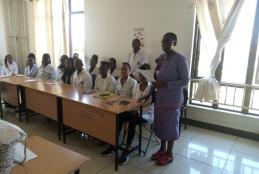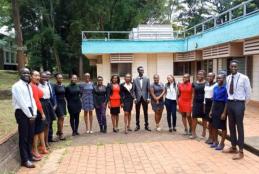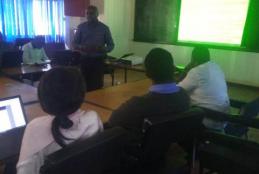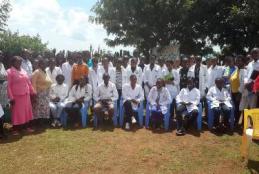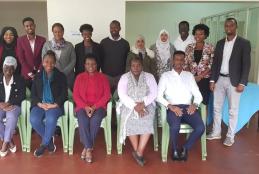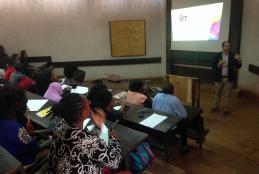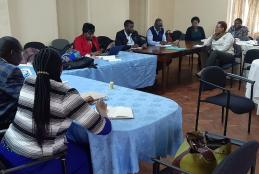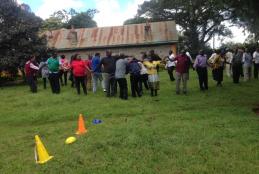PHD Proposal Presentations
The Department of Food Science Nutrition and Technology admit students in there PHD Programmes Throughout an academic year, in these academic year 2019-2020 we admitted Five PhD students in r various programmes i.e PhD Food Science and Technology , Applied Human Nutrition and Food Safety and Quality.
- Read more about PHD Proposal Presentations
- Log in to post comments


